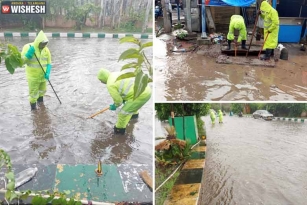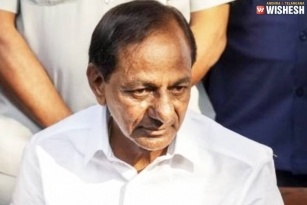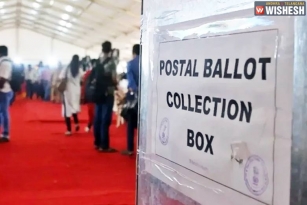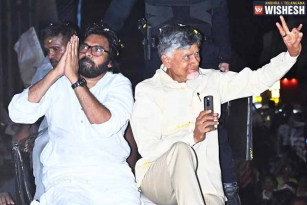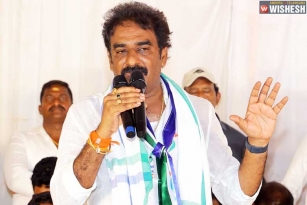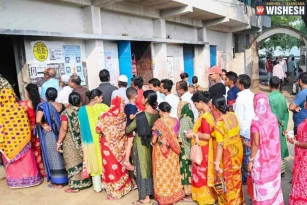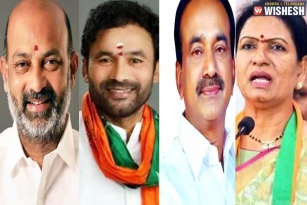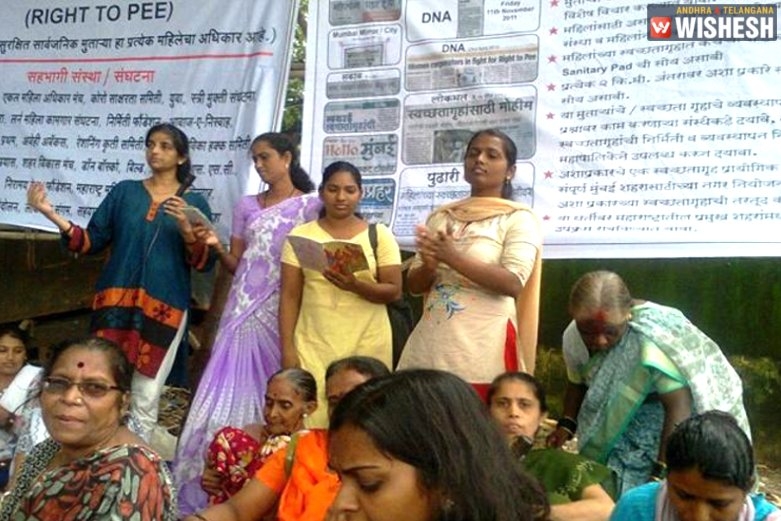
Campaigning for the better access to public toilets for Mumbai women, the activists and charities organized by several women are now asking men to join the campaign, expecting that, greater gender sensitivity would bring solution to the issue sooner.
The Right to Pee campaign, a collaborative effort of 33 non-profits, is calling attention to the lack of free, clean and safe public toilets for women in Mumbai.
In a huge city of more than 22 million, there are just about 11ooo pay-to-use toilets for women. Speaking on the issue, Supriya Sonar, an activist with the Right to Pee campaign said, “There is a huge disparity between facilities for men and women, largely due to the gender insensitivity of the authorities.”
“Which is why we are telling men who pee in the open: you too don't have adequate facilities, so why don't you join our campaign.”
According to non-profit Dasra, an Indian foundation promoting social change, the lack of proper sanitation facilities, costs India, the equivalent of more than 6 percent of its gross domestic product (GDP), every year.
More than any others, sanitation has become a big issue to the slum dwellers, who are more than half of Mumbai’s population and also to those, who work on construction sites and on the streets.
Adding to this, the existing public toilets for women are often dirty, with broken doors and no running water or lights. Where there are no public toilets, the search for a suitable place comes with the constant threat of sexual harassment or rape.
Due to these issues, the working women, are forced to drink less water and control their bladders for as many as 13 hours a day. Acts like these would show severe long term effects on their reproductive, sexual and overall health, Dasra said in a report released last week.
Almost 100 sites have been identified for the construction of toilets for women, where in Mumbai, men were often seen urinating at street corners and near dumpsters.
“But nothing has been built, and the funds have lapsed,” said activist Sonar, who recently returned an award, the Mayor's office gave, to the campaign last year, saying there had been no progress.
She said, “This is about a woman's dignity. We urge the Mumbai corporation to think about that. And we urge men who pee in the open to also join this campaign to bring more pressure on the authorities.”
According to Dasra, the shortage of toilets is a nationwide issue. More than half India's adolescent girls, about 63 million, have no access to a private toilet.
On an average, six days a month, the girls are missing the school, because of the lack of proper sanitation facilities there, thus leading to almost a quarter of them dropping out of education on reaching puberty. Reacting to this, Dasra said, “This sharply degrades their potential as individuals and future workers.”
In a report in 2014, the United Nations said, it was a “tragic irony” that there were more mobile phones per 100 people in India than toilets.
The UN report further said that, the importance of tackling the problem is that there is a return of between $3 and $34 for every dollar spent on sanitation, through reduced poverty and health costs, and higher productivity.
Prime Minister Narendra Modi has launched “Clean India Mission” in 2014, aiming to improve the sanitation and increase funding for public toilets to end open defecation.
A separate $7.5 billion renovation of 20 Indian cities is under way, aiming to make them "Smart Cities", by upgrading roads, utilities and sanitation.
By Phani Ch



